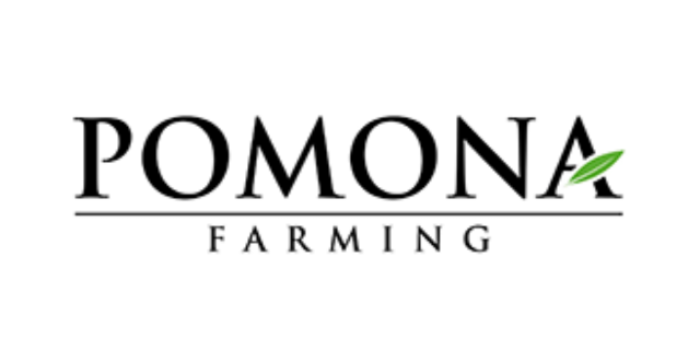Company/organization and country: Pomona Farming, USA
Type of project: Research, business implementation, product development, sustainable technology & data innovation
SDG(s) relevant to the project: 2, 6, 12, 13, 15
Topic(s): Industrial innovation, energy efficiency, circular economy: profitable processing/by products, supply chain transparency and traceability, diversity, equity and inclusion, net zero and scope 3 emissions, nature-positive approaches and regenerative agriculture, water management, packaging
Product(s): Almonds
Project end date and duration: 31/10/2022 (We just entered year two of data sharing with a start date 01/11/2022 and will end on 31/10/2023, we expect the product to continue to stay on the shelves). Project duration: 12 months
Abstract: Pomona Farming encountered challenges in our world’s production of traceable, clean nutritious food; therefore, our company set out to raise the standard. Pomona invests in every step of the process to ensure we provide sustainable solutions to produce the highest quality of food. Creativity and dedication are poured into our farming practices, we focus on delivering the safest, cleanest food while making sure we take care of our employees and communities. However, translating these practices and resource conservation projects back to the client and consumer is challenging for most growers.
Pomona Farming has been very fortunate to partner with industry experts within our supply chain that share our sustainability mission. In 2021, Pomona Farming, Monte Vista, and Daco Bello joined together to create a blockchain traceability QR project. It required all stakeholders to come to the table and develop trust and transparency between each workflow. By using the Connecting Foods platform, a QR code was developed and printed on Daco Bello’s packaging. The QR code links the customer back to Pomona’s sustainability farming practices, key commitments, while also highlighting the work Pomona has done in specific areas of water conservation, bee friendly farming, reducing pesticide/herbicide inputs, increasing biological applications, creating biodiversity, reducing GHG emissions and developing healthier soils.
It’s through Connecting Foods, an independent third-party, that data is validated, certificates are verified, and the information is then passed into the blockchain data. The blockchain data set has a key identifier that links the field and data from the hulling, processing, and packaging facilities, all the way to the shelf. The data set itself is robust and demonstrates the level of commitment Pomona Farming has to sustainable agricultural practices. The blockchain data includes the following metrics:
- Field block data (variety, spacing, plant date & APN’s)
- GSI layer of all fields and beehive locations shared via Google Earth
- Banned Chemical List
- Harvest Start and End Dates by Field & Variety
- Water Applications
- Herbicide Reductions
- Sustainable Farming & Orchard Practices
- Water Management & Conservation Plan
- Pomona Farming started implementing WiseConn technology mid-season in 2018. WiseConn is an automated irrigation technology that allows the farmer to program and control pumps, wells, reservoirs and valves all wirelessly. In addition, we receive satellite stations that provide soil, weather, and irrigation schedule analysis tools. The system allows a spoon-fed delivery method by checking levels manually and only applying what the tree needs.
- We also use water penetrants that help push water into the rooting profile of the tree. With the increased penetration, there is irrigation efficiency in less loss of water evaporation on the surface.
- Integrated Pest Management Plan (IPM). Semios was implemented at our Oakdale ranch in 2019. Semios provides our farming operations with a way to predict and manage insect and disease pest pressures, monitor weather-related risks, and optimize application timing and frequency. By utilizing the Semios pheromone (biocontrol) technology, we have improved the quality of our fields and reduced spray applications by tracking degree days to hit timings of pests.
- Living Wage Policy
- Reduction of Carbon Emissions, In-house Fabrication. In 2020/2021 a modified catch frame harvester was piloted in Warnerville-Monterey. This modification reduces the number of fields passes during harvest.
- Solar Site: 2,834 kW energy produced through Oakdale Solar Stations (20+/- acres)
- Bee Habitat by Field, Bloom Period, Variety Type, Planting Sites
- ESG Third-Party Almond Sustainability Certificates
- SAI Farm Sustainability Assessment (FSA) – GOLD
- GlobalG.A.P.
- SEDEX SMETA 4-Pillar
- Bee Friendly Farming (BFF), Pollinator Partnership
Outcomes: Pomona worked with Daco Bello to create a story that delivered our purpose, provided visibility to the entire supply chain, and followed the product through the farming, hulling & processing, packaging, and transportation steps, directly to the consumers. Our traceability was able to seamlessly transcend continents, maintain input integrity and bring the data from behind the nuts in Oakdale, CA directly to the consumer.
Through this project, Pomona not only tells our sustainable farming story, but we also close the gap with our consumers and create marketing material that shares impactful, real-life environmental measurements that resonate with our consumers. Providing this level of transparency also resulted in a price premium received, which helped provide not only financial support for project expansion, but validated the theory that the grower, processor, and packer can come together and unite to create a product that is both nutritious and helps preserve our planet’s resources.
Pomona Farming has witnessed first-hand the transformative power of our sustainability measures. Below is a snapshot of the environmental impacts driven from this project at Oakdale Ranch.
- Herbicide Reductions
- Reduced two major products by an average of 62% in 2020/2021 on Oakdale ranch.
- Pesticide Reductions and Findings
- By tracking degree days, we were able to time our applications with both conventional and biocontrol chemicals to specifically target NOW at peak timing. These tools give us the ability to capture insect life cycles, target timing to be more efficient in controlling before they create damage and reduce NOW damage and aflatoxins in the finished product. The automated pest camera traps also allow us to see live trap counts and make critical field decisions without wasting emissions by driving out to the field location.
- Since the implementation of Semios, we have seen a significant reduction in the use of chemicals due to the ability to specifically target sprays and the use of biochemical applications. With the utilization of Semios’s pheromone mating disruption we have seen a 38% reduction in the use of pesticides at Oakdale ranch, reducing our usage from 5,433 gallons in 2018 to 3,390 gallons in 2021.
- In addition, with the Semios pheromone mating disruption program we have seen a reduction in insect damage by 40% at Oakdale from 2016 through 2021. For example, in 2016, the insect damage numbers for the Oakdale ranch averaged 3%. After implementation of Semios in 2019, in 2020 insect damage was 1%. The data proves how pheromone technology can lead to improved quality, reduced spray applications along with tracking of degree days to hit timings of exactly when we need to spray the pests.
- The Semios project sparked our team’s passion and we have continued to develop similar programs. Currently, the team is expanding our pheromone applications by adding additional biological chemistries, such as Vestaron, The Power of Peptides, a hull-split Navel Orange Worm biological application. Employees work safer with zero-day pre-harvest interval. In addition, the team is taking the next steps to trial Pesticide Residual Free (PRF) almonds. Pomona dedicated two fields that will apply for PRF certification with 2023 production. Semios will continue to be a part of the IPM plan.
- Water Conservation Results. The implementation of Wiseconn in Oakdale resulted in water savings of 133 Olympic swimming pools saved in 2020 season and 127 in 2021.



